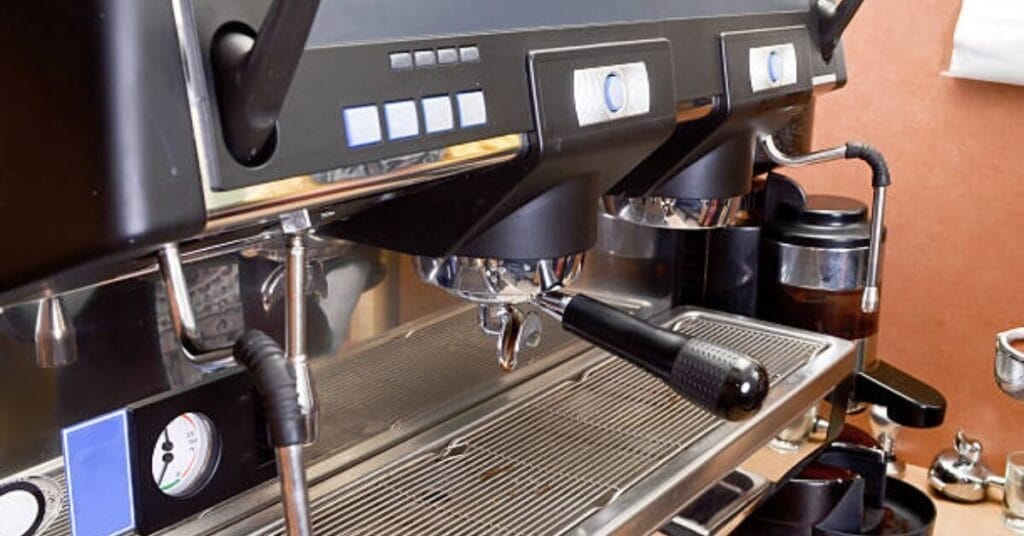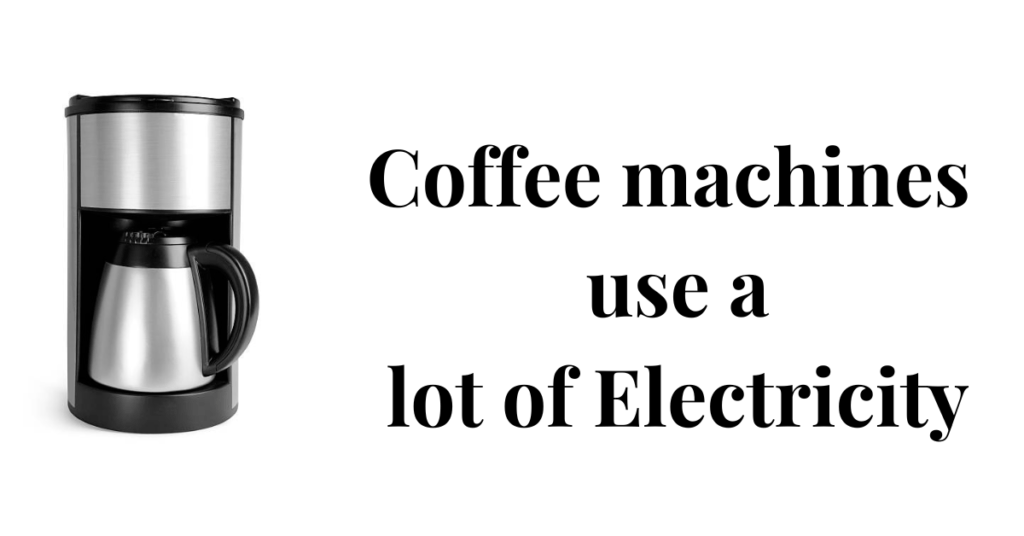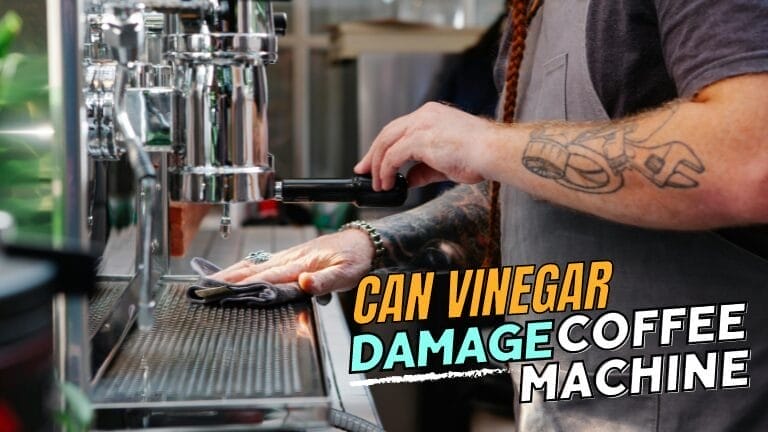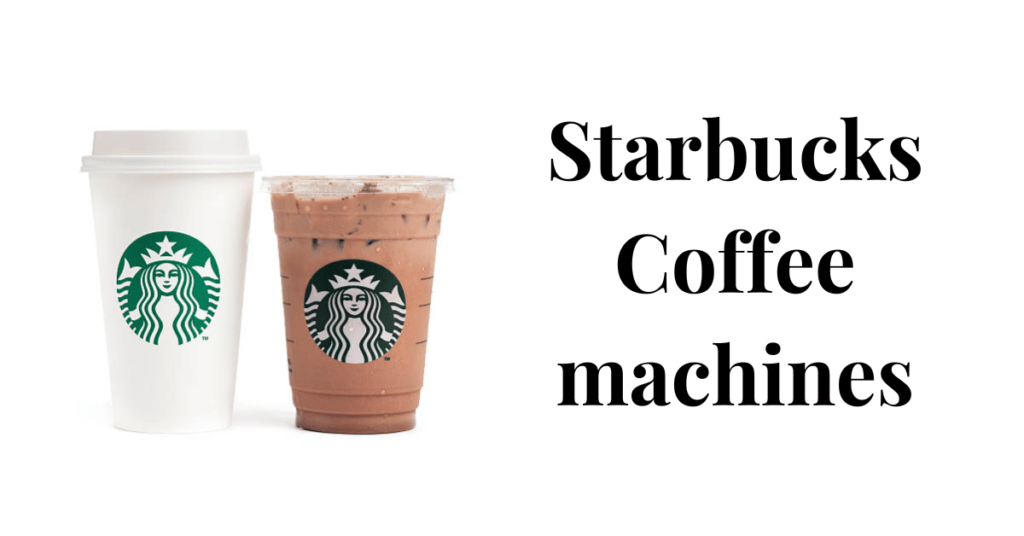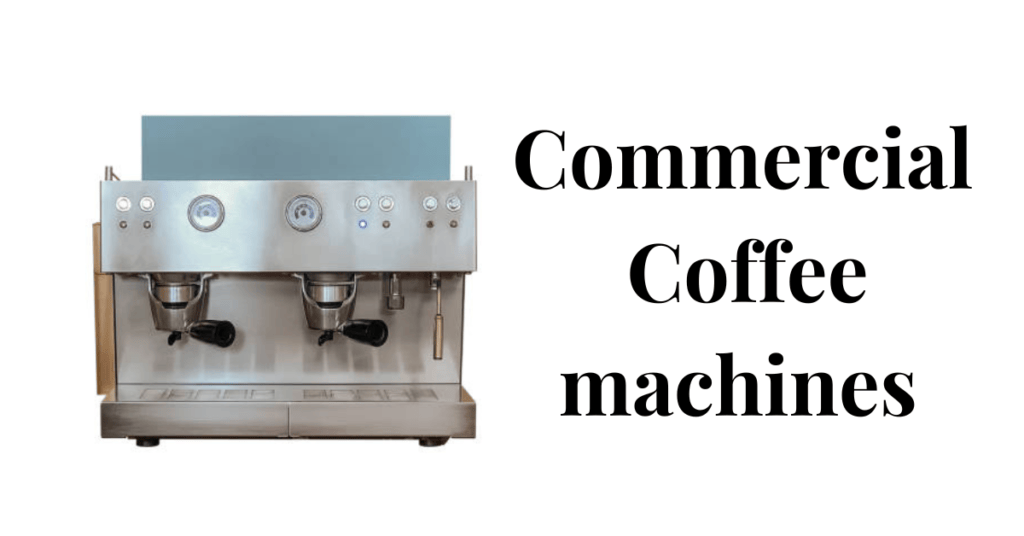Coffee is enjoyed worldwide, but choosing the right brewing device matters. Although often used interchangeably, a coffee maker and coffee machine differ in function and features. Understanding these differences helps you select the best option for your needs. This guide explains how a coffee maker compares to a coffee machine for informed decisions.
As an affiliate site, we are associated with the amazon. We might receive a commission when you use links or recommendations on our website to make qualified purchases. The cost you pay for the goods or services is unaffected by this.
Table of Contents
What is a Coffee Maker?

A coffee maker is a general term used to describe devices that brew coffee through various methods. These are typically more straightforward machines designed for home use and are popular for their ease of operation and affordability. Coffee makers generally refer to drip coffee makers, single-serve pod machines, and French presses.
Types of Coffee Makers
Drip Coffee Makers
Drip coffee makers are the most common type of coffee maker found in households. They work by heating water and dripping it over ground coffee contained in a filter. The brewed coffee then drips into a carafe or pot.
Advantages:
- Easy to use and clean.
- You can brew multiple cups at once.
- Affordable and widely available.
Disadvantages:
- Limited to one brewing method.
- Coffee quality can vary based on water temperature and grind size.
Single-Serve Pod Coffee Makers
Single-serve pod coffee makers, such as Keurig or Nespresso machines, use pre-packaged pods or capsules to brew coffee. These machines are known for their convenience and speed.
Advantages:
- Quick and easy to use.
- Minimal cleanup.
- A wide variety of flavors and coffee types are available.
Disadvantages:
- Higher cost per cup compared to drip coffee makers.
- Environmental concerns due to pod waste.
- They have limited customization options.
French Press
The French press, also known as a press pot or plunger pot, is a manual coffee maker that brews coffee by steeping coarse coffee grounds in hot water and then pressing the grounds out.
Advantages:
- Full control over brewing time and water temperature.
- Rich and full-bodied coffee flavor.
- No need for paper filters.
Disadvantages:
- Requires more effort and time compared to automated machines.
- It can result in sediment in the coffee.
- It could be better for large quantities of coffee.
What is a Coffee Machine?
A coffee machine typically refers to more complex devices that often incorporate advanced features and automation to brew coffee. These machines are commonly found in cafes and restaurants but are also available for home use. Coffee machines encompass espresso machines, bean-to-cup machines, and capsule machines.
Types of Coffee Machines
Espresso Machines
Espresso machines are designed to brew espresso, a concentrated form of coffee made by forcing hot water through finely ground coffee under high pressure. There are several types of espresso machines, including manual, semi-automatic, automatic, and super-automatic.
Advantages:
- Produces high-quality espresso with a rich crema.
- Allows for the creation of various espresso-based drinks like cappuccinos and lattes.
- Some machines offer customization options.
Disadvantages:
- It can be expensive.
- It requires a learning curve to master.
- More maintenance and cleaning are required.
Bean-to-Cup Machines
Bean-to-cup machines are fully automated coffee machines that grind coffee beans fresh for each cup and can brew various types of coffee, including espresso and regular coffee.
Advantages:
- Freshly ground coffee for each brew.
- Convenient and easy to use.
- Versatile, can brew multiple coffee types.
Disadvantages:
- Typically more expensive than other coffee makers.
- A larger footprint takes up more counter space.
- It is more complex to clean and maintain.
Capsule Machines
Capsule machines are similar to single-serve pod coffee makers but often provide higher quality and more variety. These machines use capsules filled with coffee and other ingredients to brew espresso and other coffee drinks.
Advantages:
- High-quality coffee with minimal effort.
- A wide variety of capsules is available.
- Compact and easy to use.
Disadvantages:
- Higher cost per cup.
- Environmental concerns with capsule waste.
- Limited to the brand’s capsules.
Key Differences Between Coffee Makers and Coffee Machines
Brewing Method
- Coffee Makers: Generally use simpler brewing methods such as drip, steeping, or single-serve pods.
- Coffee Machines: Employ more advanced brewing techniques like pressure-based espresso brewing and integrated grinders.
Complexity and Customization
- Coffee Makers: Typically straightforward with limited customization options.
- Coffee Machines: Offer more features and customization, such as grind size, brewing time, and water temperature adjustments.
Price Range
- Coffee Makers: Generally more affordable, with prices ranging from $20 to $200.
- Coffee Machines Can be significantly more expensive, with prices ranging from $100 to several thousand dollars.
Usage and Maintenance
- Coffee Makers: Easier to use and maintain, suitable for those who prefer a quick and hassle-free coffee-making process.
- Coffee Machines: They require more effort to use and maintain, and they are ideal for coffee enthusiasts who enjoy experimenting with their brew.
Coffee Quality
- Coffee Makers: Provide good quality coffee but may need more depth and complexity of flavors that a coffee machine can produce.
- Coffee Machines: Known for producing superior coffee quality, especially espresso machines and bean-to-cup machines.
Read More Guides
- How to Strain Coffee Grounds: 6 Ways of Straining Coffee Grounds
- How To Make Coarse Ground Coffee || Mastery in a Cup
- How to Store used Coffee Grounds for Body Scrub: Drying and Storing used Coffee Grounds
- Can You Drink 2 Year Old Ground Coffee: 2 Year Old Coffee Beans
- Can You Use Regular Ground Coffee in a French Press: Using a French press
FAQs || For difference of coffee maker and coffee machine
1. Which is better for home use, a coffee maker or a coffee machine?
The choice between a coffee maker and a coffee machine depends on your coffee preferences, budget, and how much time you want to invest in making coffee. If you prefer convenience and affordability, a coffee maker might be better. For high-quality coffee and more control over the brewing process, a coffee machine is ideal.
2. Can I make espresso with a coffee maker?
Traditional drip coffee makers cannot make espresso since they don’t brew coffee under high pressure. However, some specialized coffee makers, like Moka pots or Aeropress, can produce a concentrated coffee similar to espresso.
3. Are single-serve pod coffee makers bad for the environment?
Single-serve pod coffee makers generate a significant amount of waste due to the disposable pods. However, some brands offer recyclable or biodegradable pods to reduce environmental impact.
4. Do coffee machines require special maintenance?
Yes, coffee machines, especially espresso machines and bean-to-cup machines, require regular maintenance, including cleaning, descaling, and occasionally replacing parts to ensure optimal performance and longevity.
5. Can I use pre-ground coffee in a bean-to-cup machine?
While bean-to-cup machines are designed to grind fresh coffee beans, many models also have the option to use pre-ground coffee, providing flexibility for users.
Conclusion
Choosing between a coffee maker and a coffee machine ultimately comes down to your personal preferences, budget, and how much effort you want to put into your coffee-making process. Coffee makers offer simplicity and affordability, making them perfect for everyday use.
In contrast, coffee machines provide a higher quality coffee experience with more customization options, catering to those who appreciate the art of coffee brewing. By understanding the difference of coffee maker and coffee machine and considering your needs, you can select the perfect coffee brewing device to enhance your daily coffee ritual.

